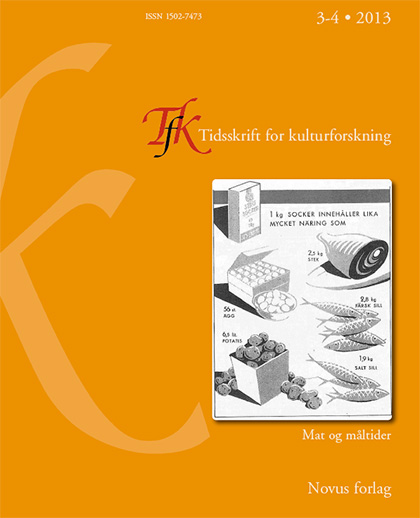Sammendrag
Food for thought and thought for food: Since antiquity the activity of eating and drinking has played an important role in literature. From Homer and Petronius to Rabelais, Flaubert and Günther Grass we find that food and meals accentuate wide-reaching moral and esthetical questions concerning e.g. politics, culture, identity and desire. Literature on food may be divided in distinct categories: First the receipt archive, like we find it in the history of the cook book; second, the scientific literature dealing with nutrition and dietetics; then there is food journalism and critics, where the concept of gastronomy was coined; and finally literary texts, mainly novels, where food is a more or less central subject. This article will focus upon the last two genres. The founding fathers of the concept of gastronomy are Grimod de la Reynière and Jean Anthelme Brillat-Savarin. Their contribution to food journalism as well as to the modern understanding of gastronomy is overwhelming. In the final reading of four authorships, namely Emile Zola, Marcel Proust, Ernest Hemingway and Agnar Mykle, eating and drinking is analysed as cultural and individual acts of reflection.

